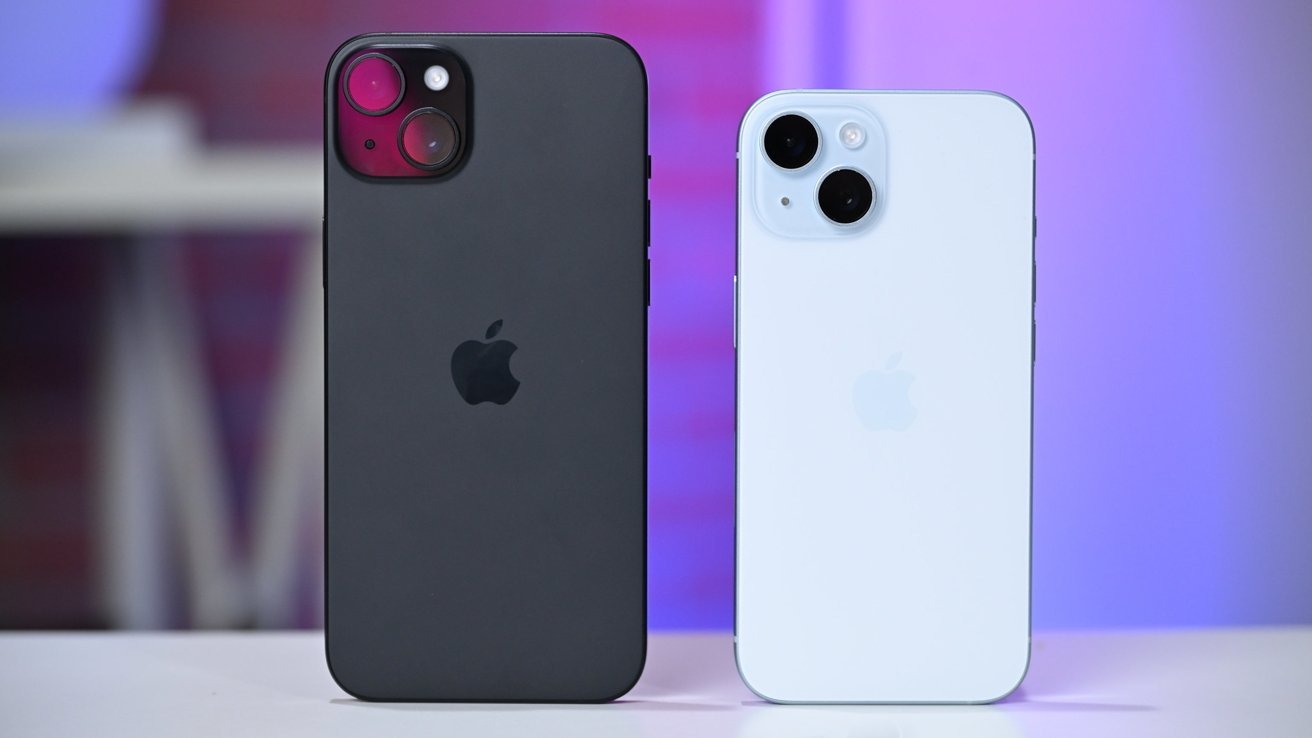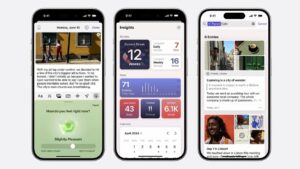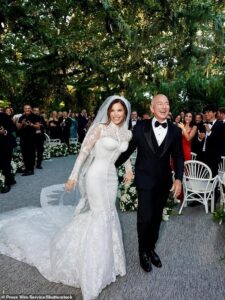
The iPhone’s 3G capability has cost Apple in a patent lawsuit

Apple has failed to convince a jury that it didn’t infringe on 3G wireless patents with cellular chips in its iPhone, with it now having to pay TOT Power Control over $110 million.
The jury decision, made on June 30 and made public by a Delaware federal court on Tuesday, didn’t go Apple’s way. In a long-running patent lawsuit against TOT Power Control, it has been decided that Apple’s wireless chips violated the company’s patents.
This includes cellular chips used in the iPhone, iPad, and Apple Watch.
The decision now means that Apple owes TOT Power Control more than $110.7 million in damages, reports Reuters.
The verdict form shows that the jury determined the damages as a “running royalty,” at $0.25 per unit.
Following the result, an Apple spokesperson said that Apple plans to appeal the disappointing verdict. TOT CEO Alvaro Lopez-Medrano said in a statement that the patent holder was “thrilled” that its patents had been validated by the jury.
3G patents
The complaint goes back to 2021, when TOT Power Control filed its suit over two patents. Both issued in 2009 and titled “Outer Loop Power Control Method and Device for Wireless Communications Systems,” they are a way to avoid interference between user equipment codes in uplink and downlink signals.
Standards such as 3GPP UMTS have specifications for inner loop power control, referring to a system adjusting transmission power, there are no well-defined standards for outer-loop algorithms, a signal-to-interface ratio target.
TOT’s system manages those signal-to-interference values to minimize wastage of wireless channel capacity and power.
Whlle some could consider TOT Power Control a patent troll in its actions, it doesn’t quite meet the criteria for one. While TOT Power Control is a licensing arm for Top Optimized Technologies, the company is leveraging patents developed by itself, not ones it bought en masse.
It has also acted as a “marketing arm” for TOT’s technology, including licensing it to carriers as an algorithmic way to optimize the older 3G networks. Though it has gone after many different carriers and is obviously quite litigious, it’s not strictly speaking a patent troll.
While TOT may have claimed victory here, it’s far from the biggest set of damages Apple faces paying over cellular patent infringement. In May, a UK lawsuit agreed with patent troll Optis Cellular, raising a 4G patent royalties payment from Apple to $502 million.
Meanwhile in the United States, a similar Optis patent lawsuit threw out a verdict, saving Apple from paying out $300 million.




